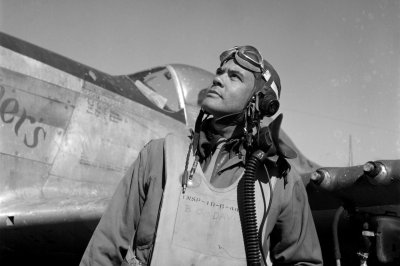Topic: Niccolo Paganini
Niccolò Paganini (27 October 1782 – 27 May 1840) was an Italian violinist, violist, guitarist, and composer. He was one of the most celebrated violin virtuosi of his time, and left his mark as one of the pillars of modern violin technique. His Caprice No. 24 in A minor, Op. 1, is among the best known of his compositions, and has served as an inspiration for many prominent composers.
Niccolò Paganini was born in Genoa, Italy, the third of the six children of Antonio and Teresa (née Bocciardo) Paganini. Paganini's father was an unsuccessful trader, but he managed to supplement his income through playing music on the mandolin. At the age of five, Paganini started learning the mandolin from his father, and moved to the violin by the age of seven. His musical talents were quickly recognized, earning him numerous scholarships for violin lessons. The young Paganini studied under various local violinists, including Giovanni Servetto and Giacomo Costa, but his progress quickly outpaced their abilities. Paganini and his father then traveled to Parma to seek further guidance from Alessandro Rolla. But upon listening to Paganini's playing, Rolla immediately referred him to his own teacher, Ferdinando Paër and, later, Paër's own teacher, Gasparo Ghiretti. Though Paganini did not stay long with Paër or Ghiretti, the two had considerable influence on his composition style.
The French invaded northern Italy in March 1796, and Genoa was not spared. The Paganinis sought refuge in their country property in Ramairone. By 1800, Paganini and his father traveled to Livorno, where Paganini played in concerts and his father resumed his maritime work. In 1801, Paganini, aged 18 at the time, was appointed first violin of the Republic of Lucca, but a substantial portion of his income came from freelancing. His fame as a violinist was matched only by his reputation as a gambler and womanizer.
It uses material from the Wikipedia article "Niccolo Paganini."





